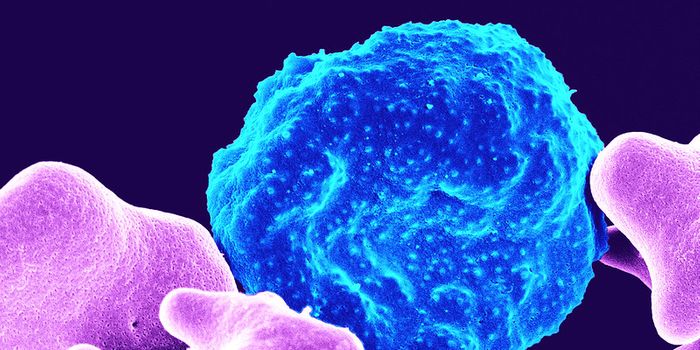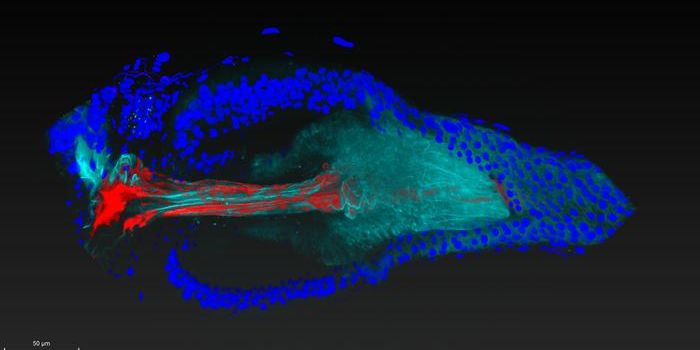CDC Warns About a Rise in Antibiotic-Resistant Shigella Infections
The Centers for Disease Control and Prevention (CDC) has issued an alert about a rise in extensively drug-resistant (XDR) Shigella infections (shigellosis). There has been a concerning increase in drug resistance among Shigella infections in the United States; they rose from zero in 2015 to 5 percent in 2022. There are few treatment options for these infections, the bacteria are easy to transmit from one person to another, and few microbes need to be transmitted for illness to occur. The microbes generally spread through the fecal-oral route, which means contaminated food and water can also cause the illness. The bacteria are also transmitted during sexual contact. The XDR strains of Shigella can also share those resistance genes with other bacteria. Therefore, the CDC is especially concerned about these infections, and is calling on health professionals to watch for cases of XDR shigellosis.
Shigella causes abdominal cramping and diarrhea that can be bloody; it may also cause fever or tenesmus, a feeling of flu bowels. Usually, these infections resolve on their own after a few days, and only supportive care, such as hydrating fluids, are needed. Antibiotics can shorten the duration of the illness, reduce the likelihood of transmission to others, and can also prevent complications.
Strains of XDR Shigella are resistant to many popular antibiotics that are usually used to treat shigellosis, including azithromycin, ciprofloxacin, ceftriaxone, trimethoprim-sulfamethoxazole (TMP-SMX), and ampicillin. Right now, there is no consensus on the best way to eliminate XDR Shigella. Strains of resistant Shigella include Shigella sonnei and Shigella flexneri.
Shigella infections tend to impact certain populations, including children between the ages of 1 and 4. International travelers, and men who have sex with men are other groups who tend to have higher than usual rates of shigellosis.
There have been 232 confirmed cases that have occured in recent years that the CDC has information about, and of those cases, 82 percent were men, 13 percent were women and 5 percent were children. While only 41 of these individuals answered questions about sexual activity, 88 percent of them reported male-to-male sexual contact.
The CDC has noted that clinicians should consider shigellosis when patients, particularly young children, international travelers, or men who have sex with men present with acute diarrhea.
A diagnosis is usually confirmed with a stool sample, particularly for patients who will receive antibiotics. Tests can also be performed to determined whether Shigella strains are susceptible to antibiotics.
Source: CDC









